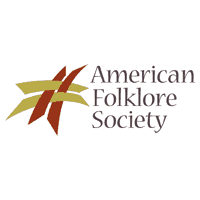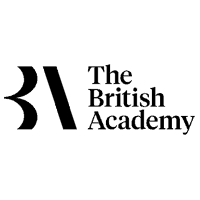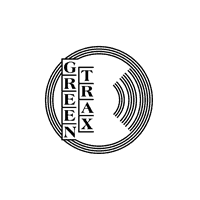About the Dreg Song Project
In the nineteenth century, Scotsmen fished for oysters in the Firth of Forth by dragging dredges over the oyster 'scalps'. To maintain a steady speed they sang as they rowed. Overfishing brought the industry to a close near the turn of the twentieth century and with it, the use of the dreg songs. In the 1930s James Madison Carpenter gathered some of these songs on wax cylinders and typewritten pages. For years the songs were hidden away - lost. Now, with the work of the James Madison Carpenter Project these songs have come back to life first at Mystic Seaport Museum and, this summer, in their home waters of the Firth! Three Scottish Coast Rowing Clubs: Rowporty, Newhaven Coastal Rowing and Boatie Blest brought the songs home to the Firth at 7:30 pm on 20 June, 2012 near the Dalriada Bar. It was a memorable and historic evening!
An ‘Aha!’ from The Scotsman
Gareth Jones from Port Seton’s Boatie Blest brought together some of his rowers and two older Port Seton gentlemen for a Skype chat about the dreg songs. Turns out that one of the older fellows got to hear his grandfather’s voice through the marvels of technology. From what I could tell (an ocean away) Tom seemed to take it in stride!
To the gathering someone brought an article from The Scotsman, Edinburgh’s newspaper, published in 1963 on the subject of the Dreg Songs. The article was written by Francis Collinson, the only folklorist up to now who devoted any energy to these songs. I contacted the paper who kindy supplied me with a scan of the article which reminded me of parts of the tradition that I’d forgotten in my focus on the rowing.
Collinson, like some of the earlier writers who mention the songs, describes the power of the song to coax the oysters into the dredge, as if by magic. He writes “… it would appear as if the fishermen sang to the oysters to charm them into the net!”. Collinson also highlights improvisation as a hallmark of the songs. Then it hit me: I’ve been focused on the rowing songs (naturally enough for a someone who studies worksongs) but ignored another sort of dreg song: songs sung not to coordinate work, but for other purposes as in this quote:
…and we marvelled whether the oysters of Loch Hanza have the same ear for music as their brethren in the Firth of Forth, who require a continuous dredging-song to lull them to their doom, so that the wily fishers must perforce keep up an incessant monotonous chaunt, in which all their conversation mast be carried on. Various collectors of old ballads have from time to time gone out for a night with the dredgers, hoping to add new songs to their store, but all agree in saying that the same words never occur twice unchanged ; and so they only gain the bitter cold of a night in an open boat in one of the months ” with an R,” which you perceive excludes all the bonnie summer nights. One allusion to this graceful fancy is found in a charming ballad which begins : —
” The herring loves the merry moonlight,
The mackerel loves the wind,
But the oyster loves the dredging song,
For he comes of a gentle kind.”
(from In the Hebrides by C. F. Gordon Gumming, Chatto & Windus, Picadilly, 1883 pp. 2-3)
We now have three groups working on the rowing songs (thank you all!) but I think there’s more to the story. Come to think of it, there may be two or three of these somewhat mystical songs in the Carpenter Collection . . . There’s more to explore!






